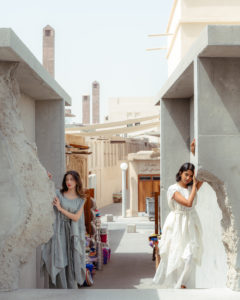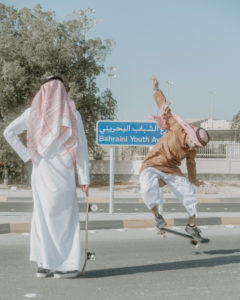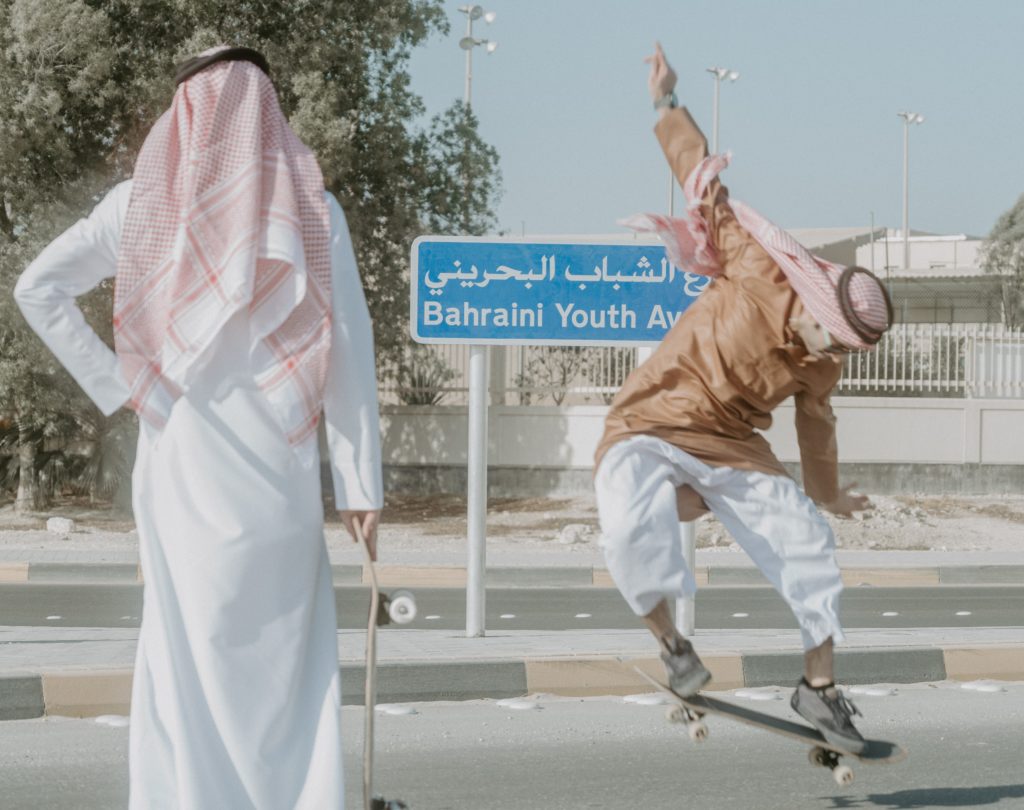São Paulo – Everyday scenes from a small Gulf country are the basis of photographer Ishaq Madan’s work. Born and raised in Manama, the capital of Bahrain, he is self-taught and shot one of the photographs that won the Photography Club of the Museum of Modern Arts (MoMA) in New York, USA, the Webby Awards. Madan’s picture is now also on display in a New York subway station.
He began taking pictures using the tool he had at his disposal even before becoming a professional: The cell phone. “I started indulging in the art of photography back in 2011 when mobile photography started to get popular. I recall one of my photos taken on an iPhone was actually exhibited at Al Riwaq Gallery for a charitable initiative,” revealed he, who formally studied subjects related to banking and finance, with which he worked for five years in different institutions. The gallery he mentioned is in Manama.

The photographer has already mentioned on more than one occasion one of his motivations is to record and show Bahrain to the world. Now, he is conquering new territories. “I find photography a gateway to experiencing new things and networking with new people. I have been to places and met people I would not have been able to experience if I did not practice photography. It’s been an interesting adventure so far,” he said.
But what about Bahrain? How does the country see and live the art world today? “Bahrain is an island filled with many talents exploring many types of art forms. We have veteran artists like Sh. Rashid bin Khalifa Al-Khalifa representing Bahrain at an international level, to emerging artists such as Abdulla Buhijji, Noor Al-Alwan, and Mustafa Bastaki, taking the region by storm. Nonetheless, I do believe Bahrain has more room to improve with respect to representation and art education,” he concluded.
Exporting arts

The photographer has reached buyers from different profiles and countries. “It’s been a surreal experience as I’ve had buyers purchase my works from all over the world; the USA, UK, and the UAE. Buyer profiles depend on the edition type; for instance, I have had private collectors purchase limited-edition works. I hope to one day have museums collect my work, as that would be the highest honor for me,” he said.

The artist has also worked abroad. “I think it’s important for an artist to broaden their perspective,” said he, who has developed projects in Gulf countries, the United Kingdom, and Portugal over the past few years.
One of the tools the photographer uses to increase his visibility is the internet. On social networks like Instagram, Ishaq Madan has around 20,000 followers. “I have been lucky enough to leverage the internet to establish a business network and converse with like-minded artists; this has helped me ease my engagement and reach potential buyers. The internet has certainly scaled-down the vastness of the world as everything now is within reach at our fingertips. Of course, galleries are still important as it opens doors to different avenues of opportunities as opposed to the internet.”
Concerning the photography market in Bahrain, the professional sees a future of growth in both physical and digital environments. “I strongly believe the industry here needs an official association to regulate and maintain credibility, accountability, and transparency,” he revealed.
In the long run, the photographer’s expectations are promising. “My future plan is to participate in an art residency to further expand my knowledge, in addition to publishing a photo book,” Madan said.
Translated by Elúsio Brasileiro




